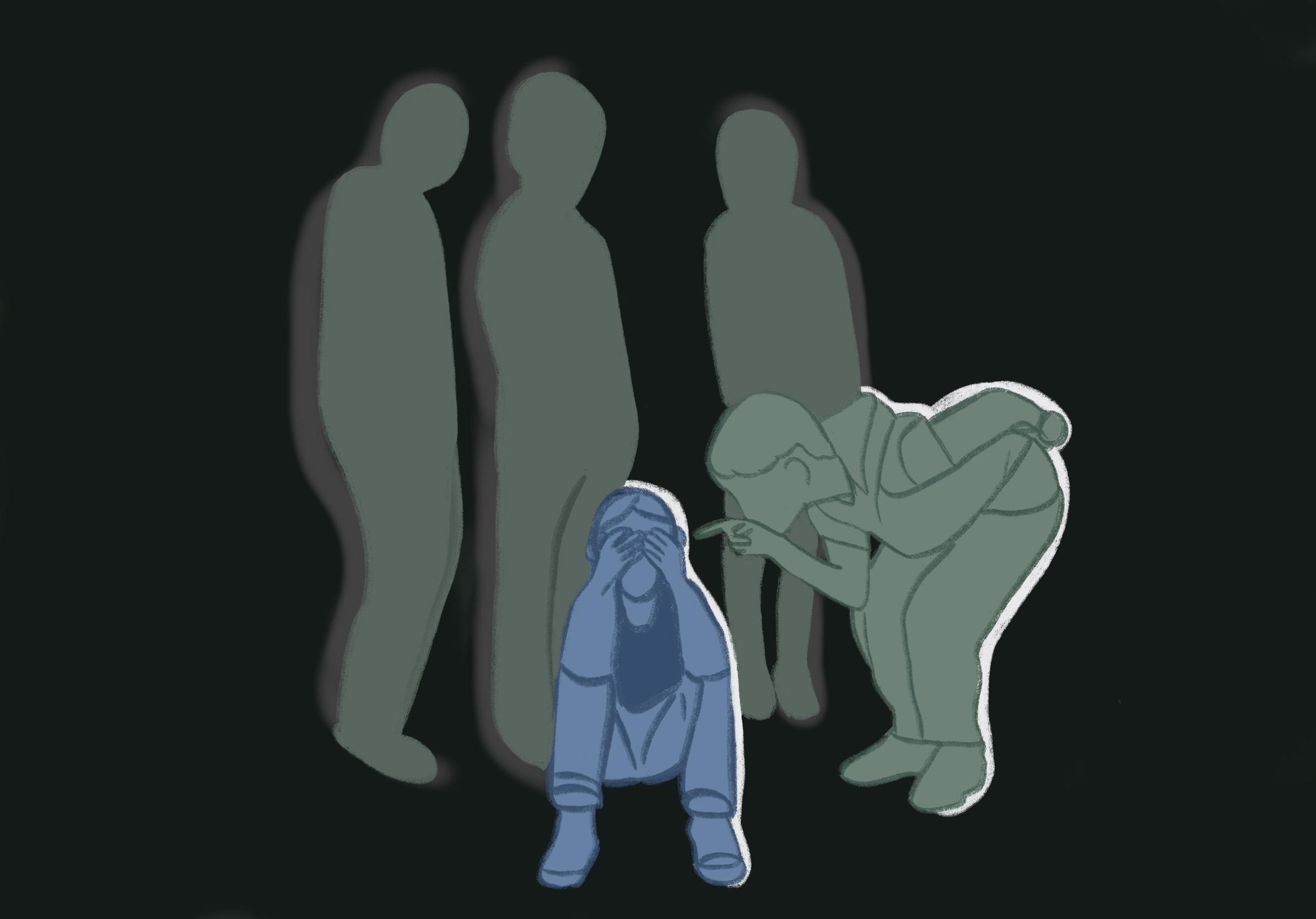Content

A school admissions administrative staff alerted me that a parent was at the door desperate to transfer her child to our school. The distraught mother pleaded with me to accept her son’s immediate transfer as he was repeatedly being bullied in his current school without any satisfactory resolution to the hardship this boy was subjected to. As the principal of San Yu Adventist school and being trained as a counselor myself, I could fully empathise with her and her child’s plight.
A bullying epidemic
Sad to say, bullying is a real threat to a student’s learning environment and studies suggest that about 20% of students encounter some form of bullying in school1 . While my counseling experience predisposed me towards intense empathy for victims of bullying, an examination into the psyche of the bully and factors contributing to his or her relating badly with his/her peers can help us make more headway in curbing bullying in schools.
Understanding the “bully” problem
Bullies instill fear in another person thinking that it gives them power over others. This is not unusual especially if they have experienced it growing up, both in the family environment as well as in social contexts found outside the home. Putting others down give them a sense of power over the other. Bullies normally pick on individuals they perceive (rightly or wrongly) as a threat to their sense of self-worth. Unfortunately, this perception is often submerged in their ‘subconscious’ and unless and until it is brought to consciousness, bullies usually lack the helpful insights and accurate interpretations of this intra- and interpersonal dynamic.
Child psychologist Dreikurs proposed that revenge could also be a motivation behind bullying. Past experiences of being abused motivate the bully to lash out as a way of correcting a past wrong or getting even for perceived injustices. Revenge-seeking students hurt others because they are themselves hurt. Bullying doesn’t only come in the physical form. Incidents of cyberbullying are also on the rise. Cyberbullies take joy in direct harassment and relational aggression by sending messages of an intimidating or threatening nature to their victim. They may or may not know their victims, but that does not prevent them from projecting their own unresolved issues onto the innocent victims online. A more sinister motive than the above reasons is a pathological bent to harm and to humiliate others without feeling remorseful. This sadistic behavior is most worrying because such traumatized-abusive relationships, while criminal, may be a taboo to share outside the family due to the cultural stigma it carries. Consequently, it is brushed under the rug, so to speak.
To be sure, understanding the deep-seated issues of the bully helps in the management of bullying and hopefully, in the rehabilitation of the perpetrator through “redemptive discipline”- a form of discipline that focuses on restoration and compassion to bring about reconciliation for all involved.
Even though God’s design is for people to live in harmony, people still do choose to relate poorly, which is telling of our inability to bring healing to hurting and hurtful relationships without God’s intervention. Thankfully, God has empowered many individuals to develop and implement approaches to restrain and remediate.
Structures that curb bullying
Although not exhaustive, such approaches include comprehensive school anti-bullying policies and zero tolerance campaigns, which include teaching of socially appropriate self-assertiveness and cognitive reframing, as well as effective parent involvement in their children’s school experience.
One highly effective intervention to curb bullying in schools is the powerful “bystander assistance” program. This involves teaching students to be proactive bystanders and guiding them step-by-step to intervene appropriately when they encounter a bullying situation. When peers are empowered to get involved and they enlist others to help, a powerful message is sent - bullying is not just a problem between a victim and the perpetrator! When students cease to be indifferent towards bullying, a strong sense of belonging and empathy is a sure result, engendering a school culture that is peaceful, purposeful and productive.
In fact, this “bystander assistance” programme is rooted in a Biblical mandate found in Philippians 2:3-4, which says, “do nothing from selfish ambition or conceit, but in humility count others more significant than yourselves. Let each of you look not only to his own interests, but also to the interests of others.”
To put the finishing touch to a much written subject, if there’s bullying in school, it’s everyone’s responsibility to put a stop to it. In addition, it is San Yu Adventist School’s mission to nurture a mindset in our students that prevents bullying from flourishing. First, we inculcate the tenet that they are unconditionally loved by God; second, they are taught that they can courageously live out their true God-given self; and third, they know others need them and so they are committed to “pay it forward” and “pay it back” altruistically.
Much prayer and soul-searching are needed as we find a common ground to embrace a school culture that is, “as our national budgets championed,” united, resilient and fortified.
I am glad to say that the boy we accepted into our school now has a community of friends. And till now, I haven’t heard any complaints about bullying.
-----
Being a victim of bullying hurts. When bullying is aggressive and physical, it can be dangerous. When it’s emotional – like name-calling or cyber bullying – it’s isolating. If you are being bullied or see someone being bullied, call the Tinkle Friend Helpline at 1800 2744788 for support and advice; or call the Coalition Against Bullying for Children and Youth (CABCY) at 6223 3122 for help.
1 Program for International Student Assessment (PISA) for 2018


Add a review